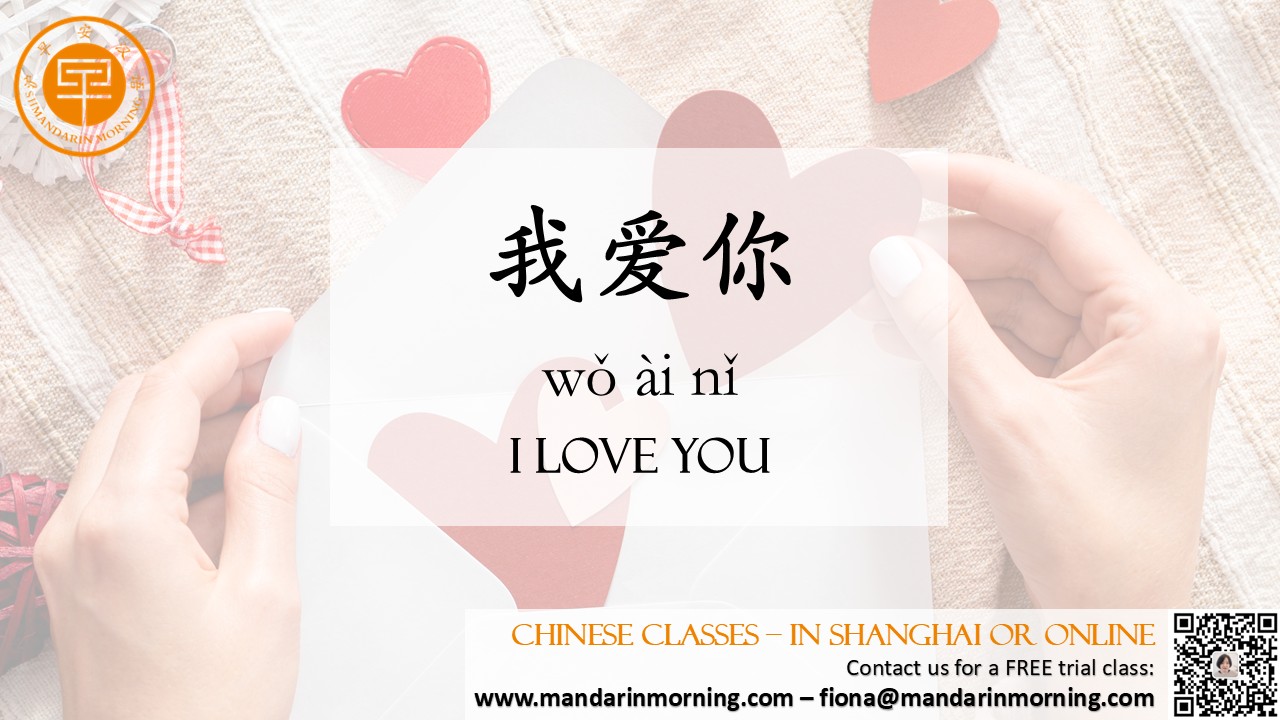| With the romantic spirit of Qixi Festival (August 29th) still in the air, have you ever wanted to express your feelings in Chinese but found yourself stuck? While “I love you” is a powerful phrase, the Chinese language offers a beautiful spectrum of expressions, each with its own nuance and depth. Whether for a partner, family, or friends, learning these phrases will add a heartfelt touch to your conversations. Let’s explore the many ways to say "I love you" in Chinese!  1. The Direct Approach: For Your Significant Other The most direct translation is: 我爱你 (Wǒ ài nǐ) This is a powerful and profound declaration, similar to the English "I love you." It carries significant weight and is used seriously in romantic relationships. But what if you're not quite there yet? A softer, more common phrase for dating is: 我喜欢你 (Wǒ xǐhuān nǐ) - "I like you." This is a much more common way to express fondness and romantic interest, especially in the early stages of a relationship. It’s less intense than 我爱你. 2. For Family and Close Friends In Chinese culture, deep affection for family is often shown through actions rather than words. While saying "I love you" to parents is becoming more common, these phrases feel more natural: 妈妈/爸爸,我爱你。(Māma / Bàba, wǒ ài nǐ.) Direct and meaningful. More and more people are saying this now! 家人对我来说意味着一切。(Jiārén duì wǒ lái shuō yìwèizhe yīqiè.) "Family means everything to me." This expresses deep value and love. For your closest friends, you can say: 有你这样的朋友真好。(Yǒu nǐ zhèyàng de péngyǒu zhēn hǎo.) "It's so good to have a friend like you." This is a warm and common way to express appreciation. 3. Sweet and Romantic Phrases Want to sound like a character in a drama? Impress your loved one with these poetic lines: 你是我的一切。(Nǐ shì wǒ de yīqiè.) "You are my everything." 我的心属于你。(Wǒ de xīn shǔyú nǐ.) "My heart belongs to you." 和你在一起,我很开心。(Hé nǐ zài yīqǐ, wǒ hěn kāixīn.) "I am very happy when I am with you." Simple, genuine, and very effective! 4. The Cultural Key: Actions Speak Louder Remember, in Chinese communication, 含蓄 (hánxù)—meaning "indirectness" or "subtlety"—is often valued. A heartfelt compliment or a thoughtful action can sometimes express care more powerfully than words alone. Instead of a direct declaration, you could say: 你今天看起来很美/很帅。(Nǐ jīntiān kàn qǐlái hěn měi / hěn shuài.) "You look very beautiful/handsome today." Or simply: 照顾好自己。(Zhàogù hǎo zìjǐ.) "Take good care of yourself." This phrase is packed with unspoken concern and affection. |